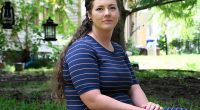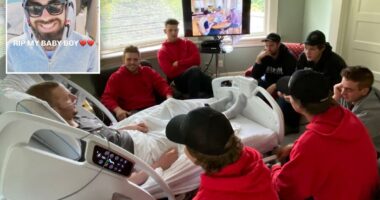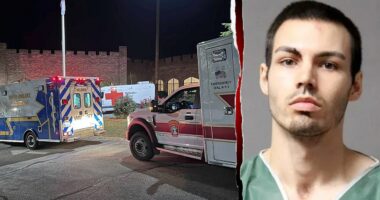Share this @internewscast.com
A Russian-born scientist and Harvard University researcher is scheduled for a detention hearing in Massachusetts on Thursday, following charges related to the unauthorized import of frog embryos into the United States.
Kseniia Petrova, 30, has been in federal custody since February and is seeking to be released.
The researcher, Petrova, was returning from a trip to France where she had visited a laboratory known for working with highly detailed sections of frog embryos. She acquired a package of these samples for her research and was subsequently questioned about them while going through a U.S. Customs and Border Protection checkpoint at Boston Logan International Airport.
In an April interview with The Associated Press, Petrova mentioned that she was unaware that such items required declaration and insisted she had no intention of smuggling them into the country. After the interrogation, she was informed that her visa would be revoked.
Petrova was briefly detained by immigration officials in Vermont, where she filed a petition seeking her release. She was later sent to a U.S. Immigration and Customs Enforcement facility facility in Louisiana.
The Department of Homeland Security had said in a statement on the social media platform X that Petrova was detained after “lying to federal officers about carrying substances into the country.” They allege that messages on her phone “revealed she planned to smuggle the materials through customs without declaring them.”
In May, Petrova was charged with smuggling in Massachusetts as a federal judge in Vermont set the hearing date on her petition. That judge later ruled that the immigration officers’ actions were unlawful, that Petrova didn’t present a danger, and that the embryos were nonliving, nonhazardous and “posed a threat to no one.”
The judge released Petrova from ICE custody, but she remains in the custody of the U.S. Marshals Service on the smuggling charge.
Colleagues and academics have testified on Petrova’s behalf, saying she is doing valuable research to advance cures for cancer.
















